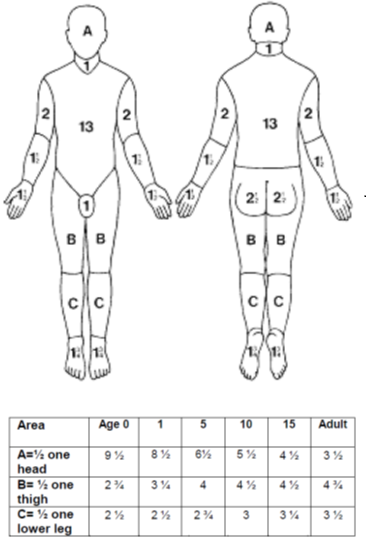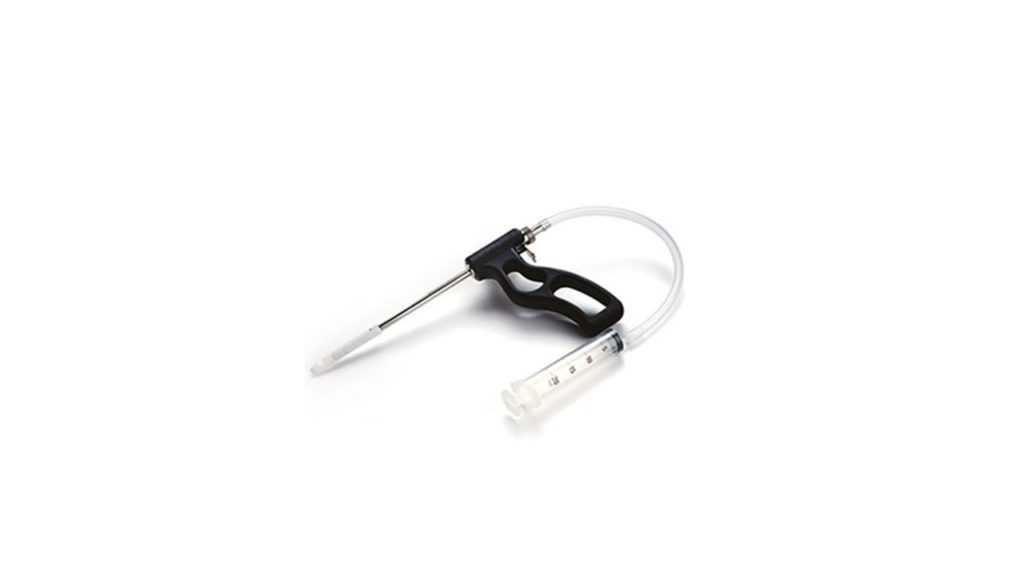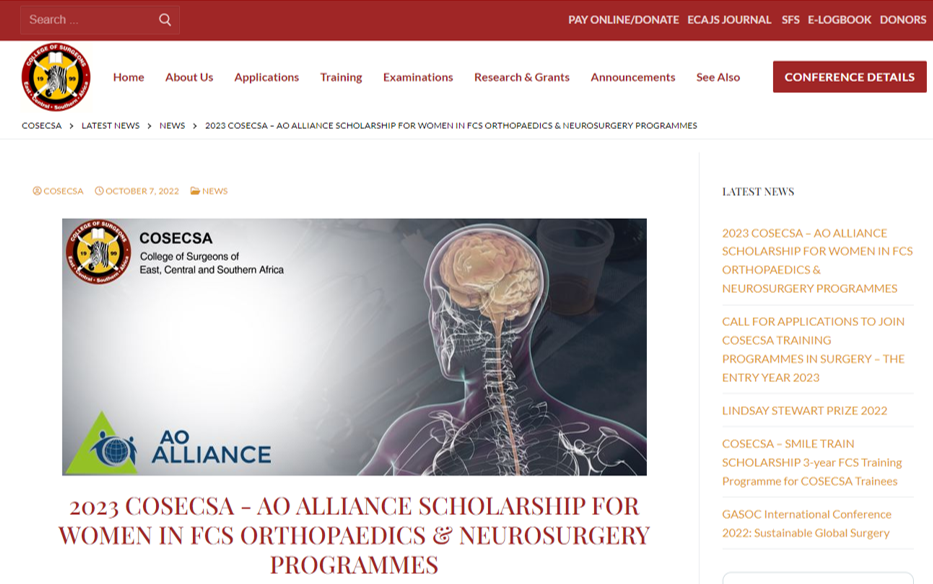Recurrent Urinary Tract Infections (UTI) in children are distressing and can lead to an escalating cycle of symptoms. Parents rightly worry about long-term damage to the kidneys and urinary tract. When are surgeons needed?
Paediatric urologists are specialist surgeons trained to perform procedures on children. Children have particular problems of childhood that may not be seen in adulthood. Paediatric urologists can be Adult Urology surgeons with a special interest in children’s problems. They can also be Paediatric Surgeons, with a special interest in urological problems. Both approaches are well established. Surgeons are typically happy to discuss their background and specialist skills, and parents should feel confident to discuss these questions openly.
A surgeon’s role in recurrent UTI risk factors driving infection, and try to identify some reversible causes. Surgeons need to get involved in three general circumstances:
1. Structural anomaly in the urinary tract
2. Dysfunctional voiding
3. Neuropathic bladder
Structural anomalies
These are best considered at three levels i.e. Kidneys, the ureters draining the kidneys, and the bladder. Anatomical problems are detected with ultrasound in children. Extra dynamic information can be obtained from more specialist xray (MCUG study) and nuclear medicine ( DMSA, MAG3) studies.
Kidney: Hydronephrosis, pelvi-ureteric junction obstruction (PUJO), cystic and dysplastic kidneys
Ureter: Hydroureteronephrosis, vesicoureteric reflux
Bladder: Posterior urethral valves, urethral stenosis, meatal stenosis
Dysfunctional voiding
This describes a discoordination between the bladder filling and emptying muscles. This is often an acquired condition that can lead to incomplete emptying of the bladder. This in turn increases risk of recurrent UTI. In addition to ultrasound, paediatric urologists will review voiding patterns using diaries and/ or bladder volume assessment . Parents should expect support investigating the cause, and supporting with bladder training and medications to help return the bladder to a normal pattern.
Neuropathic bladder
This phrase describes a bladder that has lost its nerve supply. More specialist tests are needed to confirm this condition e.g. ultrasound, MRI of spine, urodynamic tests. Once a diagnosis is made, a surgeon is needed to shepherd a child through the various phases of neuropathic bladder. In addition to preventing further urinary tract infection, surgeons are focused in preventing scarring of kidneys. Scarring on kidneys is a long term predicter of hypertension and kidney failure.









